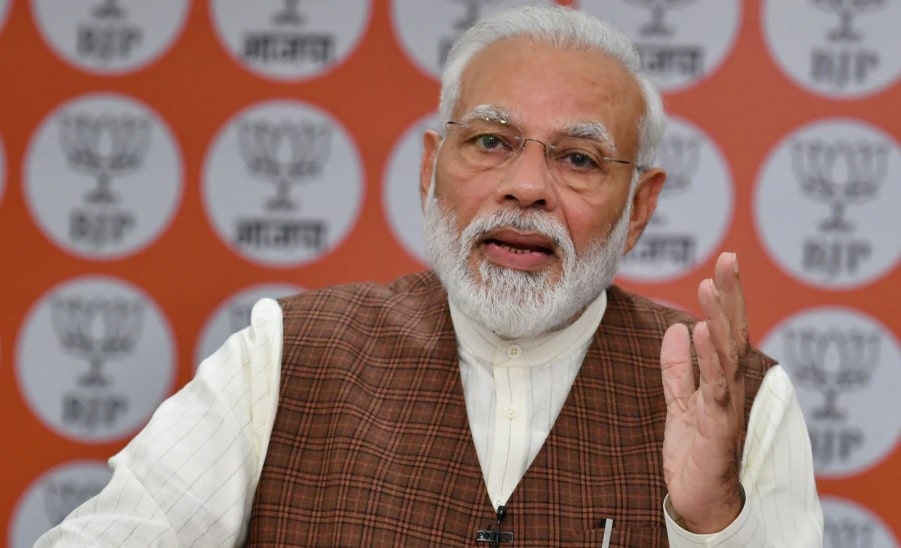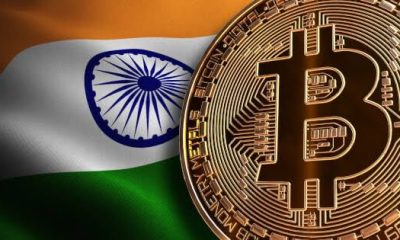World
India Formally Splits Jammu And Kashmir

India on Thursday formally split the state of Jammu and Kashmir into two federally administered territories in its effort to tighten control over the militancy-ridden region.
The move comes despite a prolonged shutdown in response to the Indian government’s move on August 5 removing special autonomy enjoyed by the region.
Under the new arrangement, the erstwhile state becomes two federally administered territories of Ladakh, and Jammu and Kashmir. The two territories would now be administered directly from Delhi through two lieutenant governors who took their oaths of office on Thursday.
The region, which is disputed between India and Pakistan, has seen a deadly secessionist militancy since the mid-1980s in which more than 45,000 people have died.
Thursday’s formal split is part of the ruling Hindu nationalist Bharatiya Janata Party’s controversial Aug. 5 move abrogating laws that gave the Muslim-majority region greater autonomy.
From Thursday, the region will no longer have its constitution and flag, and Kashmiris lose their exclusive right to own land in the new territories.
Thousands of troops were deployed in the restive valley and it was placed under a security and communications lockdown as the government moved to scrap the special status in August.
Most restrictions have been eased, but the internet is yet to be restored and thousands of local political leaders and activists remain in detention. Shops and businesses remain largely closed in what is seen as both a protest against the government’s move and fear of militant attacks. More than a dozen people including migrant labourers, orchard owners, and traders have been killed by militants in the past two months.
Jammu and Kashmir was a region administered by India as a state from 1954 to 2019, constituting the southern and southeastern portion of the larger Kashmir region, which has been the subject of a dispute between India, Pakistan, and China since the mid-20th century.
The underlying region of this state were parts of the former princely state of Jammu and Kashmir, whose western districts, now known as Azad Kashmir, and northern territories, now known as Gilgit-Baltistan, are administered by Pakistan.
The Aksai Chin region in the east, bordering Tibet, has been under Chinese control since 1962.
After the Government of India repealed the special status accorded to Jammu and Kashmir under Article 370 of the Indian constitution in 2019, the Parliament of India passed the Jammu and Kashmir Reorganisation Act.
The Act contained provisions that dissolved the state and reorganised it into two union territories – Jammu and Kashmir in the west and Ladakh in the east, with effect from Oct. 31, 2019.
At the time of its dissolution, Jammu and Kashmir was the only state in India with a Muslim-majority population.












